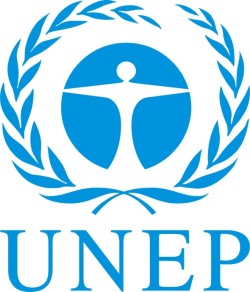Event Summary
Organization: United Nations Environment Programme (UNEP)
Speakers
- Dr. Anil Gupta, Professor, National Institute of Disaster Management, India
- Ananda Mallawatantry, IUCN Country Representative, Sri Lanka
- Karen Sudmier Rieux, University of Lausanne
Description
Ecosystem based approaches has been getting increased attention in both Disaster Risk Reduction and Climate Change Adaptation. The Sendai Framework for Disaster Risk Reduction has acknowledged the importance of healthy ecosystems to minimize disasters as well as the potential to use ecosystems as a buffer against many disasters. Over the past decade, UNEP, as well as members of the Partnership on Environment and Disaster Risk Reduction (PEDRR), has undertaken a number of pilot projects around the world to demonstrate this approach in various hazard-ecosystem combinations.
There are many barriers to upscaling of this approach and one of them is having appropriate information available to the decision makers to consider an ecosystem based approach as against conventional civil engineering based solutions for disaster risk reduction. In this context, UNEP has developed an approach to develop opportunity maps at country, regional and ecosystem level where one could demonstrate what type of disaster-ecosystem linkages are possible to be employed.
The session was a panel discussion type format where we demonstrated the effectiveness of the approach from four angles;
1. Scientific robustness of the approach
2. Economic feasibility
3. Case Studies
4. Opportunity Mapping for Scaling up

